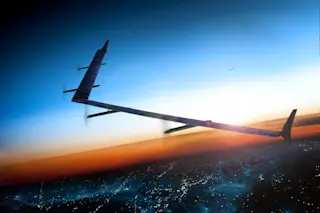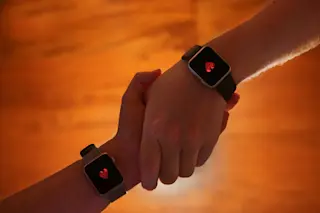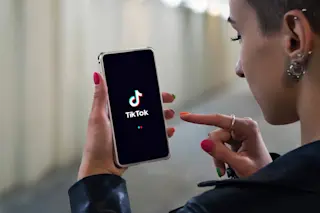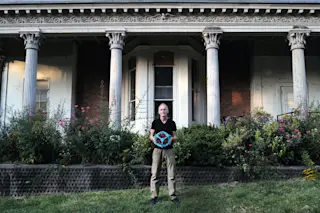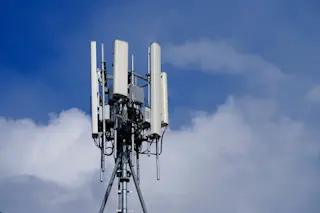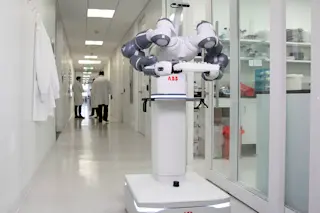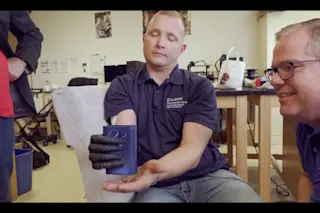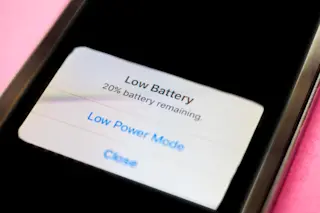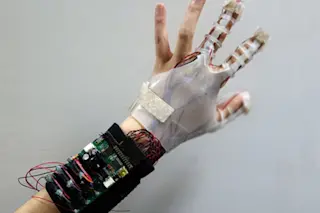(Credit: Facebook) Facebook took another step toward its goal of connecting all of the world’s citizens to the Internet. On Thursday, Facebook founder Mark Zuckerberg announced that they finished constructing their first full-scale prototype of Aquila, a solar-powered, unmanned aircraft that could someday provide Internet access for people living in places lacking the infrastructure required to surf the Web.
Engineers at Facebook hope to deliver on their promise by building very large, yet lightweight, aircraft that use lasers to transmit data. The Aquila, according to Zuckerberg, has the wingspan of a Boeing 737 but weighs as much as a Toyota Prius. It can also stay airborne for up to three months. It also flies really, really high: 60,000 to 90,000 feet, which is head and shoulders above commercial airline traffic.
Facebook envisions sending a fleet of these unmanned craft into the sky. A ground station would feed a radio Internet ...


